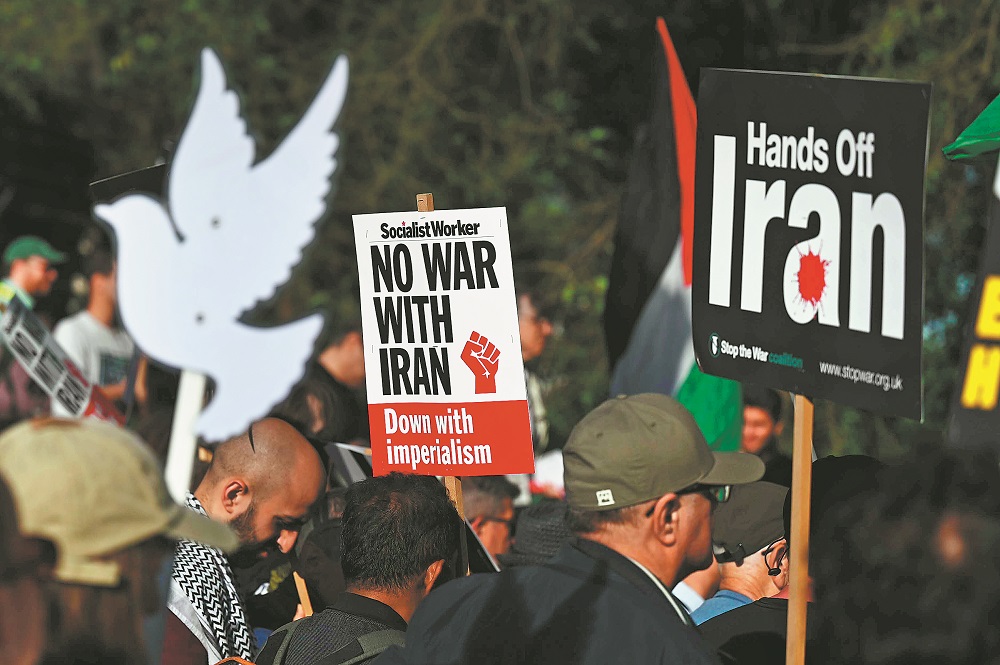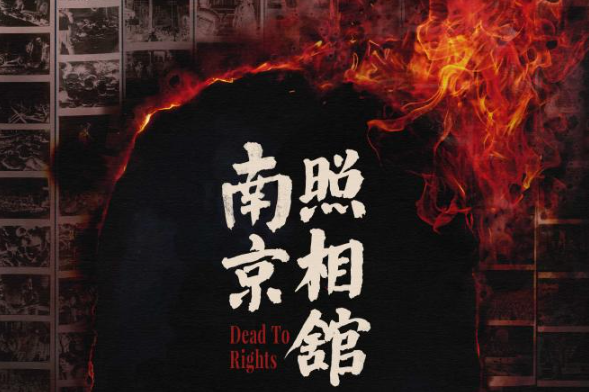EU's call for diplomacy welcomed amid energy shock


European Union foreign ministers have chosen the right path by renewing calls for diplomacy between the United States and Iran, experts and politicians say, noting that the move serves the interests of both the EU and the wider world.
The escalating crisis topped the agenda at the EU foreign ministers' meeting on Monday in Brussels, where diplomats agonized over the possibility of Iranian retaliation sparking a wider conflict and destabilizing the global economy.
"The concerns of retaliation and this war escalating are huge," said the bloc's foreign policy chief Kaja Kallas.
Along with the EU, the "E3" of Britain, France and Germany have led efforts to find a diplomatic solution, holding a seven-hour meeting in Geneva on Friday with Iran's Foreign Minister Abbas Araghchi.
British Foreign Secretary David Lammy urged Iran to meet the E3 again, and to open negotiations with the United States.
"Take the off-ramp, dial this thing down and negotiate with the United States immediately and seriously," said Lammy, who spoke to both Araghchi and US Secretary of State Marco Rubio on Sunday.
Italian Foreign Minister Antonio Tajani told reporters in Brussels that he was proposing a meeting between the US and Iran in Rome.
Qin Yan, a principal analyst at ClearBlue Markets in Oslo, Norway, said Europe has long faced a policy dilemma over the Israel-Iran issue.
"Economically, Europe is so connected to any possible price rise that it should employ all means to secure peace in the Middle East. But politically, it is so ideologically bound with the US and Israel that it always puts pressure on Iran. But they should realize that if Iran is cornered, it will be Europe that suffers the most."
Qin based her analysis on the strategic importance of the Strait of Hormuz to the global oil market. Although oil shipments through the strait make up a small portion of the EU's imports, they account for about 20 percent of global oil flow. And a closure would drive global energy prices higher, she said.
"A key buyer in the global energy market, the EU is rather sensitive to prices because of its dependence on fossil imports," she said. "So, the best strategy for the EU is to maintain peace in the Middle East, not to stand with Israel only because it's an ally of the US."
The path chosen by EU foreign ministers this time is right, she said, because it serves the interests of not only Europeans but also the whole world.
Shada Islam, an EU affairs specialist in Brussels, told China Daily: "The EU is right to call for diplomacy but, frankly, today it's a bit too late for such a statement. The diplomatic alternative to military strikes should have been hammered home to both Israel and the US days ago, more forcefully and with more conviction.
"Today, the EU is once again on the sidelines, looking in."
AP contributed to this story.

































